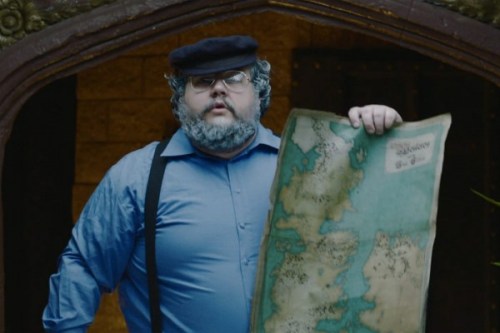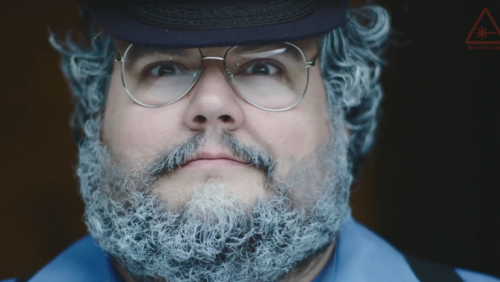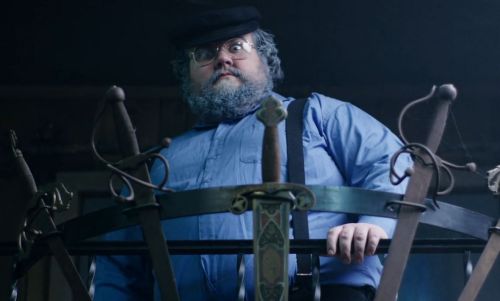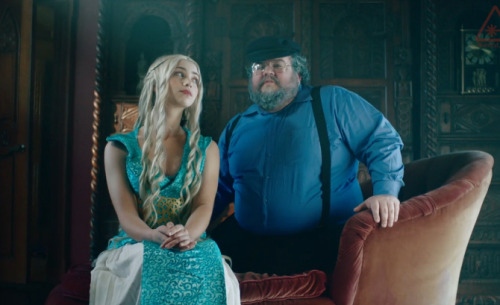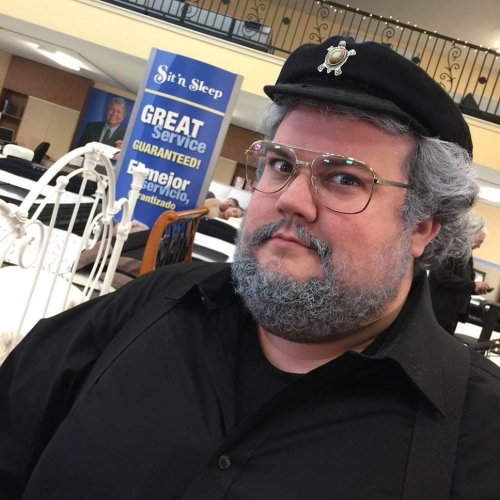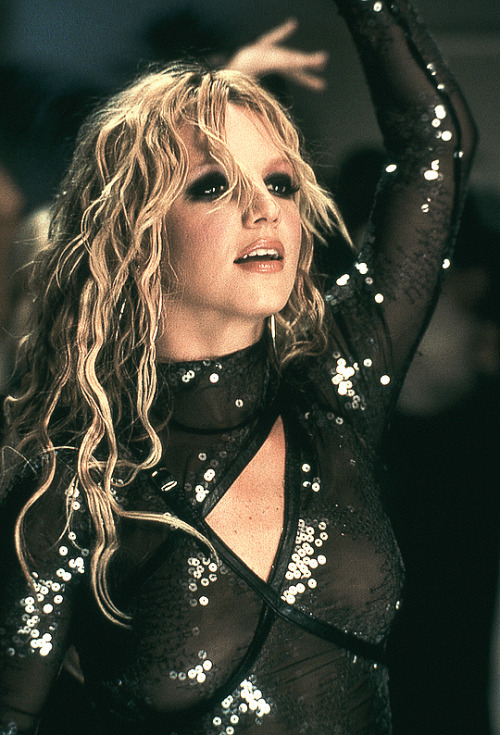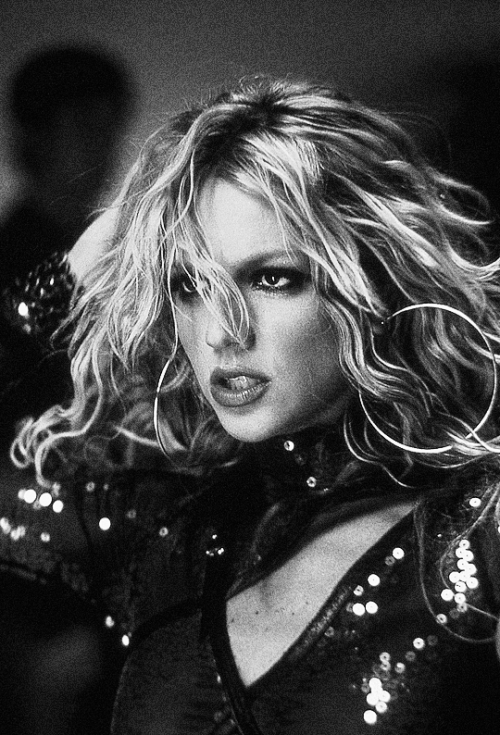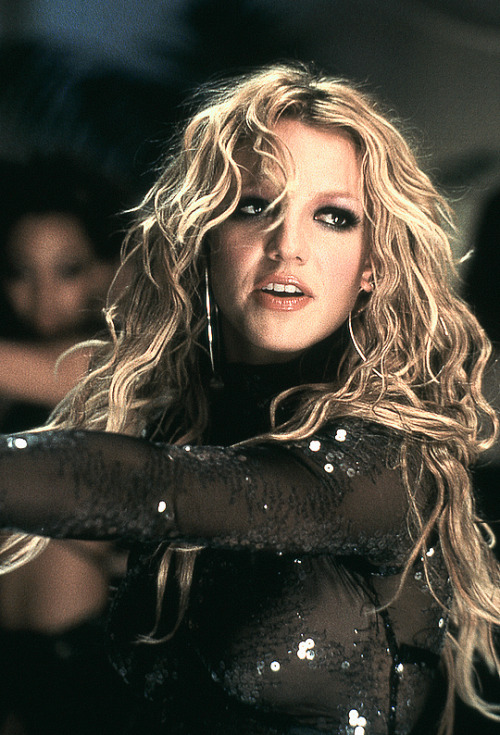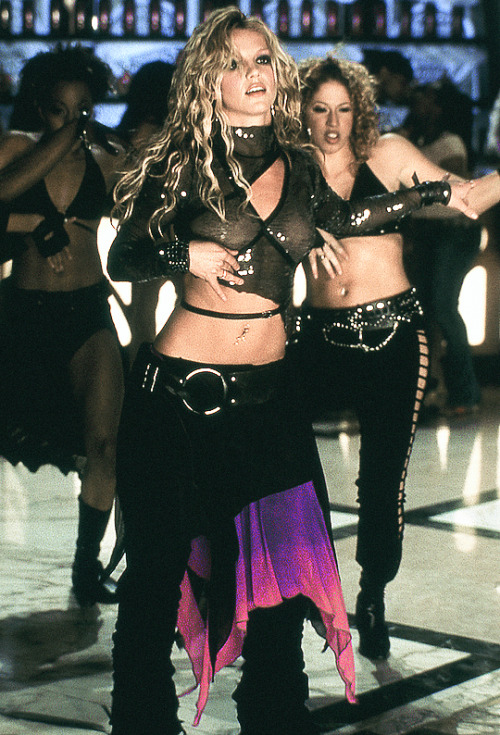#music video
Stopped Buying Diamonds
by
YDE
I’d like to apologize for my generation
We stopped buying diamonds and going on vacations
I’d like to apologize for my generation
‘Cause the word on the street is
That it’s our fault we can’t afford a mortgage situation
So damn old
Say we’ve lost our precious minds
Oh no
Guess we’re ruining their lives
God stopped smiling
'Cause we stopped buying
Diamonds
I’d like to apologize for changing your language
But the names you were calling me, guys
Were pretty fuckin’ racist
Don’t say I’m the fragile type
'Cause trust me, I can make it
But why should I have to grow thicker skin
When you can just stop sayin’ shit?
So damn old
Say we’ve lost our precious minds
Oh no
Guess we’re ruining their lives
God stopped smiling
'Cause we stopped buying
Diamonds
Nobody’s home
Guess we’re working day and night
Oh no
Guess we’re ruining their lives
God stopped smiling
'Cause we stopped buying
Diamonds
We’ll take the blame
We’ll take the blame
We’ll take the blame
(We’ll take the blame)
We’ll take the blame
We’ll take the blame
We’ll take the blame
(We’ll take the blame)
'Cause therapy preparing me
For processing much worse than this
Since I was six
I’d like to apologize for my generation
'Cause therapy preparing me
For processing much worse than this
Since I was six
Nobody’s home
Guess we’re working day and night
Oh no
Guess we’re ruining their lives
God stopped smiling
'Cause we stopped buying
Diamonds
Easy On Me| Oct. 15
@mikesaatchi droppin’ some fire, go blow up his comments so he drops this song ASAP! Letssss gooooooooooooooo
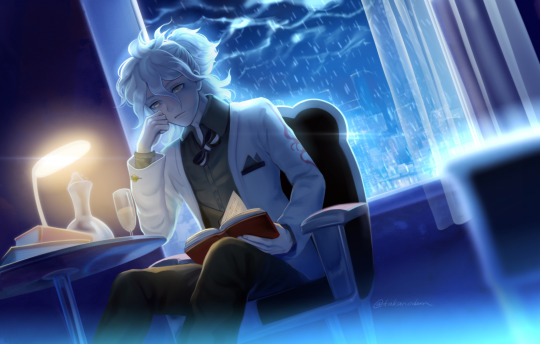
yesterday I posted this fan animation for Nagito’s birthday, I would be really glad if you check it out and share (*꒦ິ꒳꒦ີ)
Enjoy!
Check out the visuals by @unklelucfor@suggsavage‘s Funk Bounce!
Peep the write up by @chartattackhttp://www.chartattack.com/news/2016/03/18/premiere-sugg-savage-funk-bounce/
Free Britney Spears from her controlling conservatorship!!
Rally again January 22, 2020!
She should have control over money, travel, assets - #equal person!!
Also, I love this video. It’s really helpful and helped me before! It should - because it normal to have emotions. I also love the multicolor, and cheerfulness!
#FreeBritney #HumanRights
THIS SIGNLE HANDEDLY CURED MY DEPRESSION, CLEARED MY SKIN AND TOLD ME TO HAVE A GOOD DAY
Long day today. Did you know that Google has a new logo?
Klatt’s Last Tapes: A History of Speech Synthesisers by Lucy Hawking
Lucy Hawking, daughter of esteemed theoretical physicist Stephen Hawking, documents the history of speech synthesis for Radio 4.
Lucy explores the less-covered history of the technological phenomenon that is synthesised speech; computer generated voice aids that are used by millions across the globe, who not only have disabilities, but also use everyday software such as Siri.
Lucy Hawking covers all aspects of the history of synthesised speech - from the mechanical “speaking machine” created by inventor Wolfgang von Kempelen, to the “text-to-speech” research and audio clips curated by Dennis Klatt in the first half of the twentieth century.
It’s amazing to look at how far speech synthesis has come, and how much can be improved still. Regarding voice personalization, there’s a company called VocaliD that is working on creating custom voices that blend a person’s distinct vocal characteristics with a donor voice.
Sex Work Should Be Decriminalized in America by Eric Sasson
The Rentboy raid exposes the government’s misplaced priorities on prostitution
In many places around the world, sex trafficking and exploitation are grave concerns, and as Amnesty made clear in their explanation of their decision, so are the problems this marginalized community faces because of the criminalization of their labor. The Rentboy raid only distracts from these real concerns. It would have been far more productive for the government to have focused on a more vulnerable group—say, the numerous transgender women of color who resort to prostitution and who are repeatedly subjected to violence.
It’s unwise to lump all of these categories of sex workers together: We should be able to vehemently protest and decry the plight of poor women forced into the sex trade as a means of survival, while still defending the rights of the men—and women—in the United States who advertise their services on escort sites as a means of supplementing their income. Claiming that all women who engage in sex work are victims is at best, patronizing, and worse, anti-feminist, in that it assumes women don’t know how to choose what to do with their bodies.
This is a bit of a departure from the Men who buy sex: Who they buy and what they know study that I read a couple days ago. That study found an association between the attitudes of men who buy sex and violence against women. Now here’s an article defending people’s rights to their bodies. I believe both, but how do we reconcile sex positivity in a coercive society? There’s the argument that all work is coercive, which I don’t think is incorrect. Something doesn’t sit right with me when I compare sex work with other exploitive forms of work, though, and I think it’s because the basis of most sex work comes from the patriarchal, heterosexual ruling class. To me, while an individual can feel sexually liberated by taking control over their own body, I don’t think that sexual liberation can exist under patriarchy as a whole. Most of the time, it’s men like those in the study who are buying sex.
TW: descriptions of disordered eating.
On Growing Up as an Unskinny Asian, And How the Pressure to be Thin Almost Took Over My Life by Juliana Chang
I was defective, and any measures I took to try and disguise this fact had to be kept secret.
I’m lucky in that my westernized parents never forced any sort of “girls should be docile and fragile” ideal on me, but that didn’t protect me from family and friends who still thought I ought to look the part. Aunts who clucked their tongues at my round thighs. Family friends who would take my mother aside and mutter in low concerned tones about how wide I was getting. And I’m sure almost all of you can relate, it is a terrible, terrible thing to have people openly dissect the changes in your body that you feel powerless to stop. I lived with two standards of beauty, neither of which told me any part of my body was worth loving.
I continued to struggle with my weight all throughout middle school and high school, oscillating between hating how I looked and hating how I felt about how I looked. […] Some methods, like exercise classes and eliminating soda, certainly made me healthier, but I never got my weight down to the number I wanted. Other methods, like starving myself, only added to the colossally fucked-up web of low self-esteem, perfectionism, model minority mayhem, impostor syndrome, and distorted body image that was my mind.
Slenderness is part of the beauty standard for most cultures. But part of the reason the pressure to be thin in East Asian culture is so suffocating is because it’s assumed to be a natural given. Terms like “Asian-metabolism” and “Asian skinny genes” point toward the expectation that being slender comes effortlessly (and biologically) for people of Chinese, Taiwan, Japanese, Korean descent.
There was actually a similar article to this a few years ago, also on xoJane, “Fat for an Asian:” The Pressure to be Naturally Perfect (TW: height/weight numbers, descriptions of disordered eating). It can be really conflicting to straddle multiple cultures as a 1.5 or second-generation immigrant, especially as a teenager. Common themes: not feeling beautiful by western or eastern standards, struggling with the openness in which Asians talk about weight while having been raised in American culture, feeling defective because all Asians are supposed to be skinny, being oppressed by the model minority stereotype, not matching the image of what Asian women are portrayed as in popular culture.
Taylor Swift Is Dreaming Of A Very White Africa by Viviane Rutabingwa and James Kassaga Arinaitwe
We are shocked to think that in 2015, Taylor Swift, her record label and her video production group would think it was okay to film a video that presents a glamorous version of the white colonial fantasy of Africa.
Here are some facts for Swift and her team: Colonialism was neither romantic nor beautiful. It was exploitative and brutal. The legacy of colonialism still lives quite loudly to this day. Scholars have argued that poor economic performance, weak property rights and tribal tensions across the continent can be traced to colonial strategies. So can other woes. In a place full of devastation and lawlessness, diseases spreads like wildfire, conflict breaks out and dictators grab power.
Swift’s music is entertaining for many. She should absolutely be able to use any location as a backdrop. But she packages our continent as the backdrop for her romantic songs devoid of any African person or storyline, and she sets the video in a time when the people depicted by Swift and her co-stars killed, dehumanized and traumatized millions of Africans. That is beyond problematic.
And then she decided to donate the proceeds from advertisements linked to her video to the charity African Parks Foundation of America. If you travel to some of Africa’s parks, you’ll see the rangers and guides are black Africans.
So why not show them in the video?
Even though this is “just” entertainment, or “just” a music video, I think it’s important to criticize seemingly frivolous popular culture like this because it’s so visible. I absolutely abhor when prominent musicians and their production teams are so lazy as to default to using exoticization, cultural appropriation, animals as props, or sexuality to sell their music every single time. Taylor’s music video is offensive in terms of completely erasing blackness from her depiction of Africa – it’s also offensive because it exploited free-roaming animals and promotes normative ideals of male beauty and behavior (”He’s so tall and handsome as hell / He’s so bad, but he does it so well”). Children and teenagers watch this, for goodness’ sake. Honestly, most popular culture gets me flustered and angry.
Internalized Misogyny: “I’m Not Like Most Girls!” by Bleeding Feminism
Now please stop claiming that you don’t act like a woman. It doesn’t make you a special fucking snowflake. It makes you a perpetrator of misogyny.
I grew up and I started actually thinking about this all-too-common phenomenon: girl-hate. It’s so rampant that it’s contributed to the stereotype that all girls are catty and horrible and some of us have started insisting that we’re “not like other girls” to separate ourselves from all these generalizations, saying that we’d rather hang out with boys, because “boys have less drama”. Here’s the thing, though: homogenizing the entire female gender down to one or two negative stereotypes is sexist. When girls perpetuate it, it’s called “internalized misogyny”. And sadly, I’ve found that girls are guilty of perpetuating misogyny almost as often as men are.
If we, as a society, would stop conditioning girls and women to feel like we have to constantly compete with each other, girl-hate would pretty much stop. If we, as a society, would stop trying to tell girls and women that the most important thing is male attention, we’d stop feeling threatened by other girls and how they look and we’d stop ripping our fellow ladies to shreds over their appearances. Society has told us that male attention is the ultimate prize and that every other girl in the room is competing for it. It’s made us feel that we’ve “won” if a man thinks we’re attractive, so we get angry if another girl in the room might take that away from us. This is about the time we start sizing other ladies up: deciding that she has the better body, but your face is nicer and hopefully that makes up for it. This is about the time you start comparing your hair and your clothes to hers, start looking for every flaw you can possibly find in this human being just because she’s there.
We feel that we’ve “won” if a man thinks we’re special. This is part of what contributes to that god-awful “special snowflake” complex that leads many girls to attempt to separate themselves from the rest because they have to be better: if unique and special is what gets attention, then I have to be the most unique and special! Cue loads of posts online by girls who think they’re better than other girls because they like staying at home and using the internet more than they like going out and partying.
This is behavior that’s been programmed into women by society our entire lives, so it won’t be easy to un-learn. I’ve internalized much of this myself. Us girls, we’re victims – victims of a society that constantly tells us we’re too fat (but we can’t be too skinny, either), too ugly (but don’t wear too much make-up or you’ll look “fake”), that your clothes have to be amazing (but caring about fashion is petty and shallow), that you can’t be a doormat (but if you’re too assertive, you’re a total bitch); a society that screams at us from every billboard and magazine cover: YOU ARE NOT GOOD ENOUGH. And because we perceive each other as threats, we rip each other to shreds.
This reminds me of the Cracked podcast episode on harmful Disney tropes that I listened to a few days ago. There was a particularly salient point on the portrayal of friendships in Disney movies: “Pocahontas has an entire tribe of humans to hang out with – all the other humans in her tribe hang out with humans – but what Pocahontas does is hang out with a raccoon, and a hummingbird, and a talking tree. And Ariel hangs out with fish under the sea, even though she has all these other mermaid friends she could hang out with, and they hang out with each other, and I think it makes a lot of movies have best friend characters for the main character who are kind of subordinate”. Disney princesses, whom girls are supposed to relate to and aspire to be, don’t have many human friends, let alone girl friends. They’re always the “other” in some way, and in the end, they’re vindicated by being the object of pursuit for a man. Disney princesses are the epitome of special snowflake syndrome.
A related article is Cara Ellison’s S.EXE: Gone Home. She writes about her internalized misogyny and how it was exposed in Gone Home:
I never had a sister, and there never was a feeling, when I was a teenager, that any other girl could have moved me or made me sympathetic towards them. Girls didn’t like games, and I liked games. Therefore I was not like other girls. I was a better sort of girl. I was special to the nerd boys. I liked cool stuff. I liked Street Fighter II and I could beat everyone with Chun Li and boys whooped and cheered when I did it. They admired me. That’s who I was. That was my identity.
But Katie and Sam in Gone Home like each other. They are young women who like each other. […] And the thing about the young women that inhabit this house: they are just like I used to be, only they aren’t alone.
Women’s voices are the only voices you hear in the Gone Home house. Isn’t that unusual? I mean yes, for a video game. But when is the last time you watched a film or saw a TV show where the only voices in it are women’s?
When I was growing up I never knew women could be in punk rock bands. I thought women were uncool. And I didn’t know about ‘sisterhood’. I disliked other girls. I didn’t trust them. But the Gone Home house feels safe. A space that exists in which women love and appreciate each other.
In a way this is the fantasy house I always wanted to inhabit. The Gone Home house is a place where it’s okay, maybe even normal, even cool, to be a girl.
Gone Home offers me a girlhood I never had, and it recognises I am an adult woman who needs that fantasy too.
There are barely any TV shows or movies centered around only women, least of all a show that centers around happily single women. There’s The Sisterhood of the Traveling Pants and…what else? Even music videos by so-called feminists promote misogyny. Music videos are one of my most abhorred mediums because, for some reason, most of the videos with mainstream singers default to sexualization, cultural appropriation, exoticization, or using animals as props. I’ve talked about Taylor Swift’s Wildest Dreams music video before, but her Bad Blood video (which won the VMA Video of the Year award) is also terrible. Sexualized female bodies under the guise of female empowerment? Check. A celebration of thin, white bodies? Check. Pitting women against each other? Check. Let’s not even get into the sexual politics of wearing leather (to be sexy) and glorifying the consumption of animals (to enforce that these women aren’t on diets).
Yes, I have thing against Taylor Swift. Amy Zimmerman put it well:
We’re living in the heyday of the Swift wave of feminism—go girls, no boys allowed, etc. It’s the kind of wave you ride in a highwaisted retro bikini next to your 10 most flawless, expertly cast model friends, before taking a series of artful Instagrams on your private beach. Taylor Swift’s brand of feminism is like that time your friend told you that One Direction was going on hiatus and you pretended that you were only tearing up because something was stuck in your eye. In other words, unbelievable and contrived.
Swift’s feminism is like a malfunctioning Pokémon—somehow managing to simultaneously evolve and get worse. When not damning beloved female comedians for doing their literal jobs, Swift’s feminism can be seen taking the form of white solipsism. When Nicki Minaj called out the VMAs for failing to give her “Anaconda” a Video of the Year nod, Swift chastised Minaj for complaining about the success of other women. Seriously, Taylor, why did you do that? While Minaj was making a substantive point about how the music industry undermines black female greatness, Swift essentially blew up the constructive conversation by insisting that Nicki’s tweets were a personal attack. Swift, who’s never met a white size zero model she didn’t Instagram with, didn’t need any help confirming that her specific brand of femininity isn’t exactly inclusive. The problem here isn’t that Swift is whiter than Ed Sheeran—it’s that, despite her stated boner for feminism, she couldn’t even bother to finish reading a black feminist sentiment without tweet-shouting “me, me, me!” like a middle child on a sugar high. […] Swift’s brand of feminism is less “an intersectional approach to structural systems of gendered inequality” and more “look at my friends, they’re hot and they like me.”
Let’s strive for the type of intersectional feminism as defined by Kimberle Crenshaw instead of the white, consumerist “feminism” portrayed in mainstream media.




